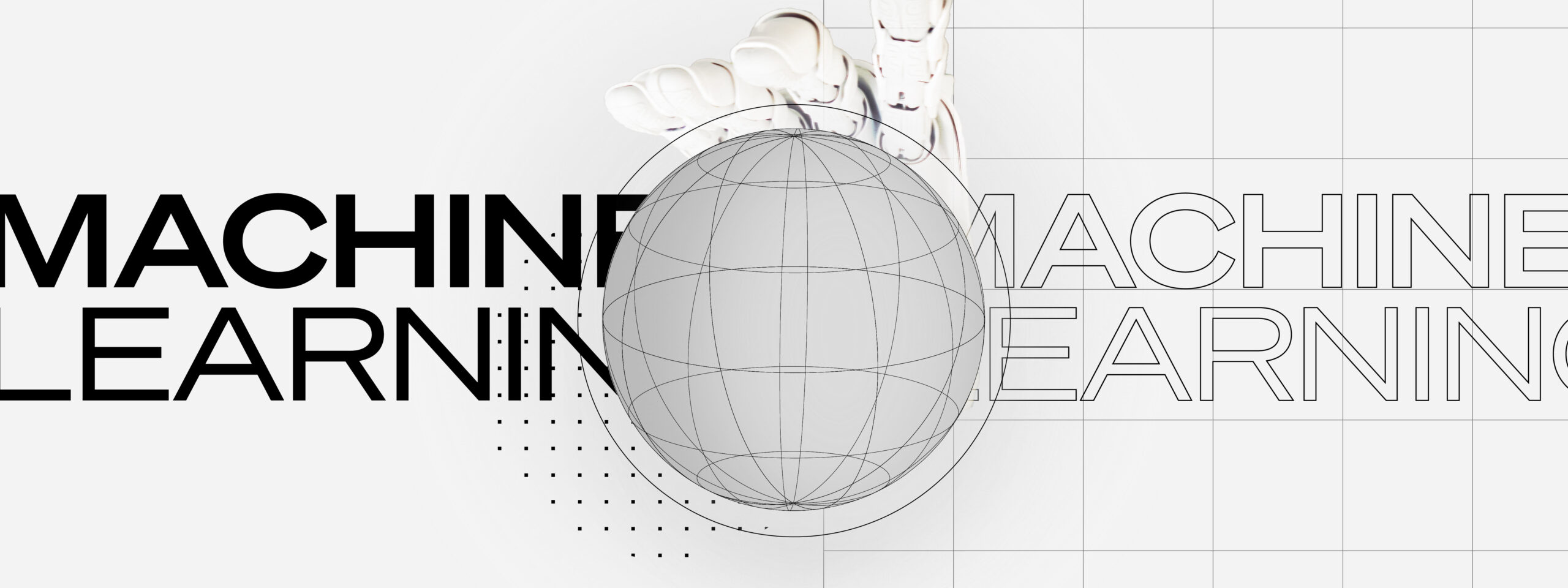Machine Learning And Marketing: A Closer Look At The Future Of Marketing
Related Services
Credits
Writer: Dejan Kvrgic

We, marketers, love our data – and if we had unlimited time and resources, we would go through mountains of data and come up with thousands upon thousands of fully personalized marketing strategies.
Unfortunately, processing every bit of data we collect is impossible. No, scratch that. It is flat-out delusional.
We are not machines. But machines are machines – and, apparently, machines can learn – and they can achieve all that, and more, faster, smarter, and more efficiently, on our behalf. That’s why today, we’re exploring the link between machine learning and marketing and the benefits of implementing it in your digital marketing strategy.
Advantages Of Machine Learning In Marketing
Marketers don’t lack data. The real issue here, as we’ve suggested earlier, is quite the opposite – marketing teams need a way to make sense of the vast amounts of data they collect and put it to use more effectively. Because more personalized timing, messaging and targeting are the ultimate goal. And that’s where machine learning comes in: From optimizing your team’s workflow and identifying leads to personalizing users’ experiences and automating engagement, machine learning can support – and boost – virtually every aspect of your marketing efforts.
Improved User Segmentation
Digital marketers can learn a lot about their target audiences by tracking their online activities and measuring specific metrics. That approach works; there’s no doubt about it. The issue is that there are tens of thousands of active users, hundreds of metrics you can track – and only one of you. On the other hand, machine learning can help you go through that information and, in turn, help you apply that knowledge to develop an optimized strategy that meets the right user at the right time.
Personalized Customer Experiences
Improved user segmentation can further lead to more personalized customer experiences. And in case you’ve missed the memo, personalization matters to your audience – a lot. People want to see relevant offers and recommendations; they expect brands to know them and their needs and preferences. And when you offer them more of what they want, your customers are more likely to convert. Machine learning allows marketers to deliver that by tracking user behavior on a granular level, viewing their habits, learning what they like, and creating personal recommendations based on that insight.
Automation
A marketing campaign is a long and complex process consisting of many hands-on, repetitive, and often mundane tasks. What machine learning does is removes the need for human oversight by automating specific tasks. Instead of relying on experience and intuition, you can optimize your campaigns using algorithms that accurately process campaign data and pick up trends and unusual spikes. Automation achieved through machine learning means a more efficient and streamlined process, less room for human errors – and more time for marketers to focus on things that do require their attention.
Churn Prediction
The concept of churn or outflow refers to the customers that choose to leave the company and the revenue loss associated with it. Your business won’t deal with a single blow; it’s affected by a thousand minor cuts, delivered one at a time. Customer retention is the foundation of growth. That’s where machine learning comes in and saves the day – again. Churn prediction, powered by machine learning, allows you to spot that often subtle difference between customers planning to abandon your product or service and those who don’t by recognizing hidden patterns in user behavior. It can also help you recognize – and understand – the factors that lead to churning. More importantly, it allows you to react in time by focusing on customers that are most likely to churn and making the necessary changes to retain them.
A Look At The Numbers: AI Is Already Improving Marketing In 2022
The adoption of AI, a step to machine learning, is on the rise across all sectors; success stories about real-world AI assisted or fully automated applications are popping up every day. And whether you’re surprised to hear this or not, marketers seem to be among the early movers in this area, with digital marketing being one of the sectors that embraced machine learning and AI with open arms.
We always had a thing for innovation, huh?
But being eager for innovation and actually adopting it as an integral part of marketing strategies are two different things. So, now that we’ve seen some theoretical benefits, we figured we should take a look at the actual numbers:
- 70% of high-performing marketing teams report having a fully defined and developed AI strategy, compared to 35% of their under-performing marketing team counterparts.
- The use of AI among marketers soared in recent years, going from 29% in 2018 to 84% in 2020.
- AI and machine learning are on track to generate between $1.4 and $2.6 trillion in value over the next three years, solely by helping solve specific marketing and sales problems.
- 41% of marketers report that AI and machine learning made significant contributions in the areas of accelerating revenue growth and improving performance.
These stats are definitely saying something about how machine learning could revolutionize the marketing sector in the upcoming years – and how it’s affecting it right now. Still, it’s worth noting that “demystifying” this technology seems to be one of the most significant roadblocks to its widespread adoption. Many marketing teams still have some concerns about implementing any form of AI and machine learning into their existing technologies. The main reasons for concern are integration, training, and interpreting the results. But it seems that marketers are willing to take the dive, nonetheless – as long as there’s the promise of increased conversion rates, revenue, traffic, and engagement.
The Future Is Now
The future of AI and machine learning in marketing seems to be closer than you might’ve assumed. In fact, the future appears to be now – and it might as well change the world. Still, what we are seeing is only the beginning of the journey. When you look at the actual range of possibilities, the current application of machine learning in marketing is still in its infancy – but it’s here to stay.
Sure, it means that your team might have to go back and rethink some aspects of your current approach to marketing and data collection, but the rewards are there: Delivering a superior customer experience, understanding customer behavior, predicting future trends, making smarter, data-backed decisions – there are numerous ways in which machine learning will prove critical to marketing teams going forward.
Are you among marketers who are already implementing machine learning? Are you still in the stage of making room in your marketing budget for it? Do you need assistance with it? Get in touch with our team today!


